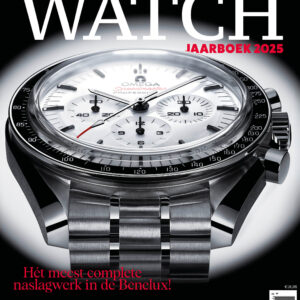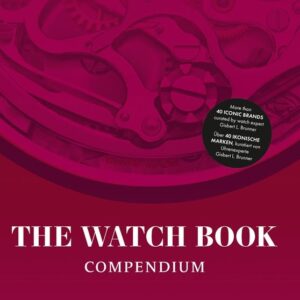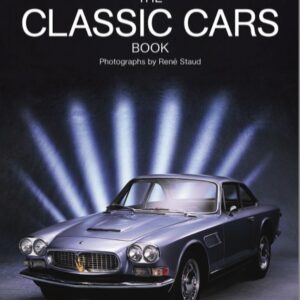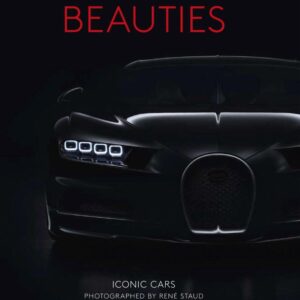The Four Seasons hotel in Beverly Hills. Not the most opulent hotel in Los Angeles and its environs, but its service, understated style and degree of privacy make it a favourite with the A-listers in that city. An example? In the lobby, we got a nod from a waiting Robert Duvall and from thesecond to the seventh floor, Diane Keaton accompanied us in the lift, heading for interviews for her latest film. On the fourteenth floor, we got off and, with Hollywood in the background, took a seat on a sofa with more cushions than in our entire flat. DiCaprio, meanwhile, is 'on his way'. We are speaking to the actor for his first film since his Oscar-winning role in the brutal The Revenant - Quentin Tarantino's latest film, Once Upon A Time in Hollywood.It is Tarantino's ninth and thus penultimate film. Indeed, the director has always said that ten is the max, after which he will move on to other things like novels, theatre, film books and perhaps TV. In Once Upon a Time in Hollywood, 44-year-old DiCaprio plays TV star Rick Dalton. Together with his regular stuntdouble Cliff Booth (Brad Pitt), they make their way through an industry they don't really recognise anymore. Old Hollywood is coming to an end in 1969, yet they try to cling to old glory and are even more desperate for new fame.In the background, we see Charles Manson and his gang, Margot Robbie as their victim Sharon Tate and an all-star ensemble with Kurt Russell, Damian Lewis, Dakota Fanning, Bruce Dern, Lena Dunham and Al Pacino. And then we forget about at least a dozen household names making their appearance.
CGI. Not so with Tarantino. He almost has an aversion to computer-generated images, so we were on Hollywood Boulevard where literally several blocks of the entire street had been adapted to that era. Including cars and hundreds of extras." Old-fashioned filmmaking, in other words, and Tarantino can afford the luxury because of his previous successes. And besides, if DiCaprio and Pitt are two of your lead
nonchalant and carefree, he does care what he makes and he is never opportunistic when it comes to choices.You've been in the business for almost 30 years, with no major misses in recent years. Does that give you peace of mind or extra pressure?"Of course I am very careful about what I choose as a new project, but it should not paralyse you. There are a lot of people who want to be in my shoes. I still realise that. Why I have lasted so long in this little world is the enormous appreciation I have for the work. That I get to do this work, with the best people you can imagine and with a great deal of freedom that is hugely luxurious. I also worked extremely hard to make that happen and still do, but even then you need a chance to make a name for yourself in the beginning. I guard against becoming blasé, because that happens faster than you think."
A few lessons your character in the film didn't take, by the way... "And because of that frustration, he (Rick Dalton ed.) is still haunted. He did not always make the best decisions and could not shape his career as he had hoped. That makes him a bitter man."How do you describe the film? "I see it as Quentin's love letter and a tribute to the film industry and the countless actors who have fallen into anonymity and been relegated to the sidelines. Part of the film is Rick's road to acceptance of his place in the world and what he has achieved. It is not the ultimate dream he hoped for, but he is still working in this city. That
same period in the early 1990s. Surely that creates a bond. Even though I couldn't call Brad a friend before we started, you have a certain comfortable feeling together right from the start, because you know from each other that each of us has experience of the peaks and troughs. You know how the world works, are professional and take your work seriously."Pitt is your stunt double in the film and the characters almost have a family bond. Does such a thing still exist now?"Back then, it was completely different. Back then, the actor and double were really partners. They were much more isolated back then and in addition to a stunt double, they had a bodyguard, friend and assistant in one right away. Of course, I often meet the same people, but it changes a lot more these days." The film is not about the Charles Manson murders, but this does play an important role. That moment is also often seen as the end of the sixties. "I do believe that too. Especially because of what I heard from my father. With those murders, the sixties were over and a certain innocence also disappeared. By the way, he is still a hippie, but an old one now, haha. Long black hair, everything. When he came along on set, Brad (Pitt ed.) thought 'Oh what fun, is your father going to join in as an extra!' I kept trying to convince him that this was really my dad in his normal clothes after all. And yes, that is my mother wearing a turban. He only believed it when he spoke to my father." (laughs)
How does this film differ from your previous 'Tarantino', Django Unchained?
"A kind of coming together of all his earlier releases. A kind of synthesis of everything and with a certain warm heart. Not that it's a happy film! But it expresses a huge love for bygone Hollywood times. I am also a huge film nerd and can greatly appreciate all those references to the directors and actors of the time. There is an incredible love in it for the people who made this city."
It is also Tarantino's ninth film and he has always said he stops at ten. What do we lose if he stops making films?
"He will find other outlets. Whether that's theatre or novels. His legacy? That he is completely original. Quentin is his own creation. Even though he is hugely inspired by other filmmakers, he is a creation of his own imagination. A completely unique artist."
Is working with such people more important than an Oscar? "Absolutely. It sounds very arrogant and the Oscar is insane recognition, but I make the same choices I did when I was 15. Every time I go into it for a thousand per cent, give it my all and then it's out of my hands." How do you feel you have grown? "I take out the bullshit more easily. I recognise good directors and scripts faster. Move around this city long enough and you become a star at filtering."
Did that sobriety also ensure that you were always stable in the world?
" Fame brings turmoil, of course. But the moment I made peace with the fact that this is just a part of my life, I had peace. I love what I do and I survive by not limiting myself in what I do. If I like something, I do it. Then I go to a party, go on a holiday or commit to the climate. Otherwise, you lose your sense of normalcy."
You're among the top now. Your name gets a film budget, but do you ever miss any of that struggle when you were young? " As in the way up?
The energy and hunger of that first route to success is exciting, of course. And the anonymity is definitely something I still long for from time to time, but then I immediately shake myself. Because come on, I have the lote
row won. My father used to say, 'Whatever you end up doing for work, if you can be your own boss and love what you do, you will be better off than 99 per cent of the rest'. The fact that I can choose the roles I play and thus shape the career I have now, I still have an unwavering gratitude for that."
The entertainment industry has changed enormously in recent years due to streaming services, among other things. A good thing?
" It is a very interesting time for our industry. Film has always been on the move, from silent fi lm to talkies, the advent of radio and TV, DVDs and now streaming services. What I find most extraordinary is that you can't imagine what can be fi nanced now. Something that would have been impossible less than five years ago."
Like Roma or Scorsese's The Irishman?
"For example. People are afraid of losing cinema, but look at those kinds of fi lms and what they cost. Classic Hollywood really didn't attract that much money more than five years ago. But smaller and artsy fi lms also get a chance to be made at all. I find it hugely exciting to see what comes out of that. Maybe I will come across a project that blows me away or meet a young exciting director. You still sometimes hear negative talk about the demise of cinema. Of course I want to see Once Upon a Time in Hollywood in a big dark full cinema. But you have to be realistic. Film has a different role now than it used to. Get with the times! What we get in return are opportunities for so many new creators. As part of that, I can only find it fascinating."
Once Upon a Time in Hollywood runs in cinemas from 15 August
